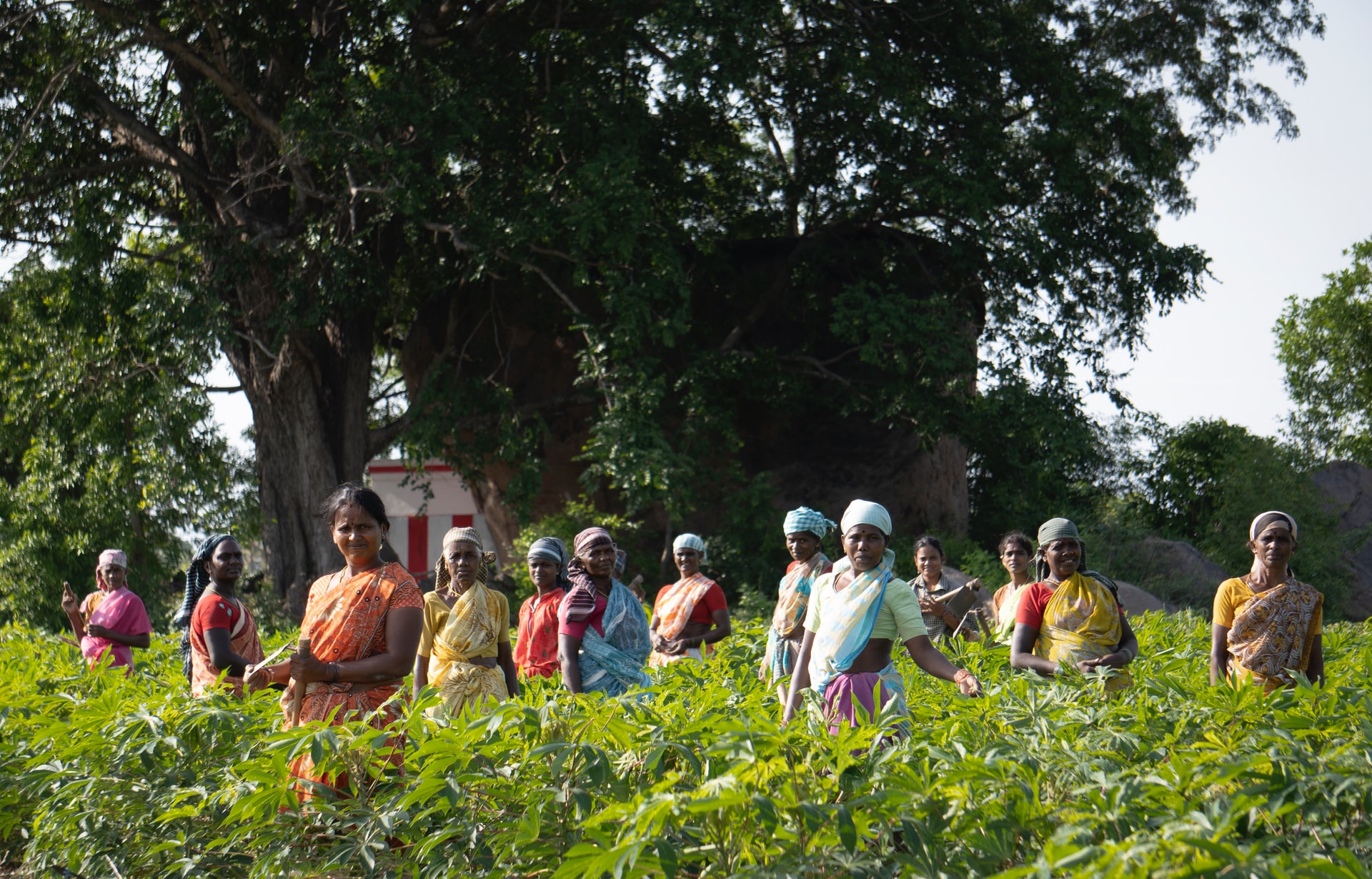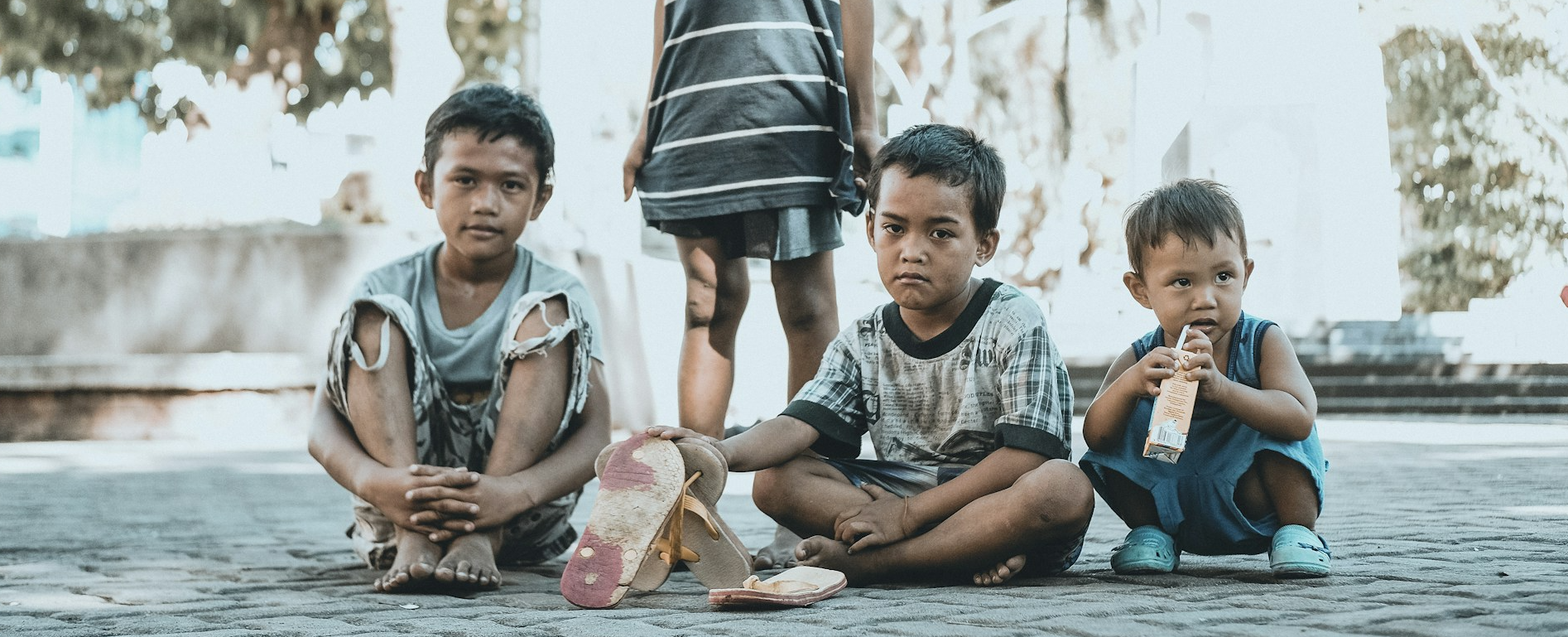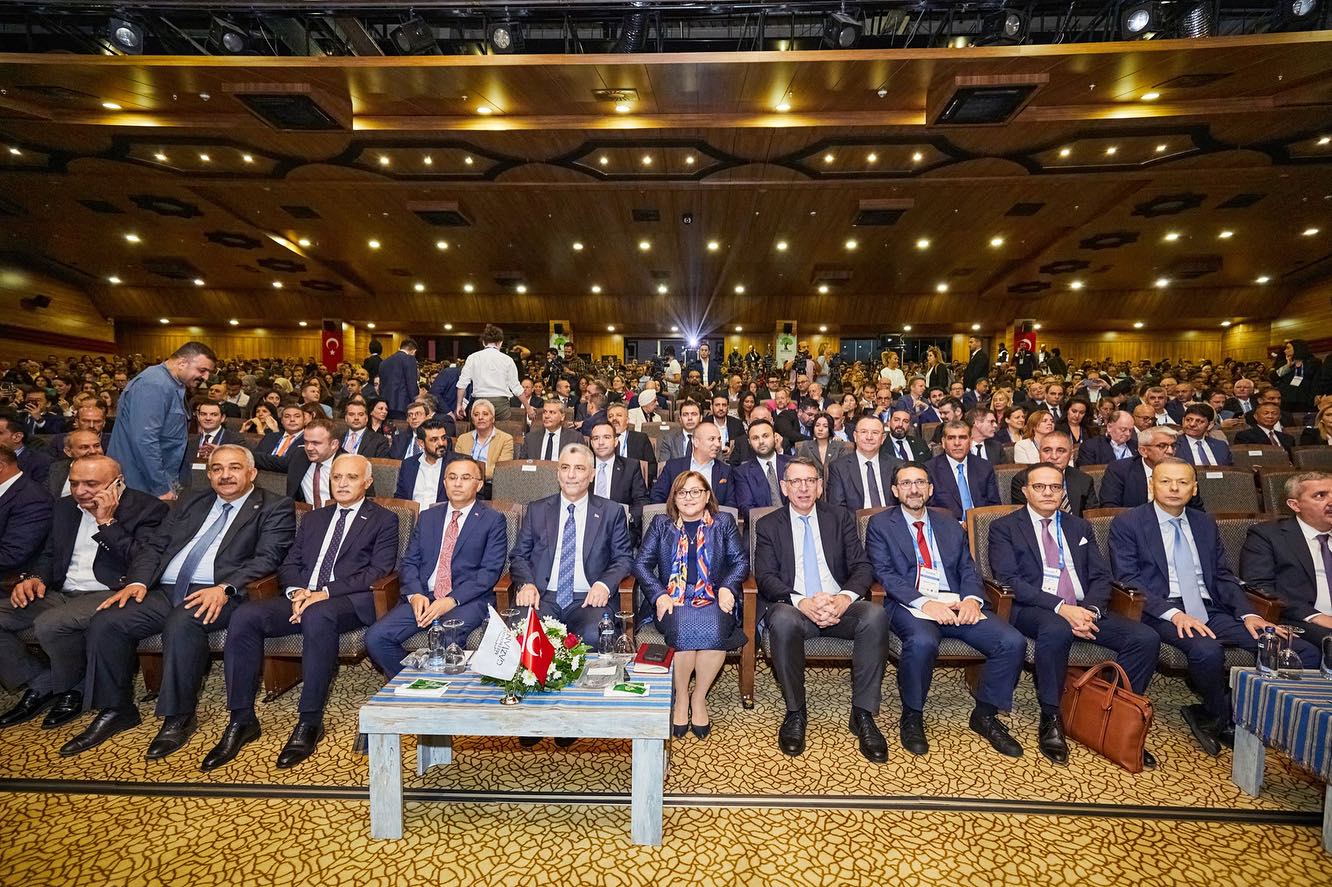Why Women Are Key to Driving Change
The discussion around gender parity and women empowerment is essential to ensure sustainable and inclusive development. It forms an important part of the United Nations’ Sustainable Development Goals (SDGs), which is SDG 5 – gender equality; encouraging countries to take active steps in reducing gender disparity not only at homes, but also at schools and workplaces.
The SDGs were formed in 2015 with a goal of achieving the 17 SDGs by 2030. We are now nearly eight years away from 2030, but the situation for women has not changed much in general. Women still face discrimination in society and at workplace. The impacts of the pandemic derailed much progress made in women empowerment. Furthermore, in Asia, the humanitarian crisis in Afghanistan has been brutal with respect to gender equality.
“On 17 May 2022, the Taliban dissolved the Afghanistan Independent Human Rights Commission, cutting off a crucial source of support for Afghans facing violations of their human rights, including women and girls experiencing gender-based violence.”
This is one of the topics being discussed in the upcoming Horasis India Meeting, which will be held between 25 to 26 September, 2022 in Vietnam. The meeting will bring together 300 of the most senior members of Horasis to inspire the most sustainable and resilient path to recovery, which also factors in an equal contribution and growth for women.
Situation in India
A recent report by Equal Measures 2030, a collaboration of national, regional and global leaders from feminist networks, civil society and the private sector found that Asia-Pacific’s gender scores increased by 2.2 points to reach 67.7 between 2015 and 2020.
The countries that made solid gains in these five years were Nepal (+6.7 points); Tajikistan (+5 points); Cambodia (+4.7 points); and Mongolia (+4.3 points). The report also notes that India made “fast progress” towards gender equality, with its scores increasing from 60.4 to 64.5 between 2015 and 2020, but the country still scores below the regional average of 67.7.
There are glimmers of hope in the country. Mann Deshi Mahila Sahakari Bank is the first bank in the country that was founded for and by rural women in India. The bank was started by 1,335 women who pooled in their savings to form the bank, and now has more than 200,000 account holders with a record INR500 crores (US$63.34 million) of loans given.
The bank provides financing to women entrepreneurs and also creates customized credit products and services for rural women. The bank has also started its own business schools and chambers of commerce – providing courses to rural women in practical and technical business skills. More than 400,000 rural women have participated in these programs, with 67% going on to start earning an income.
Situation in Vietnam
Vietnam has been very forthcoming since the very start in promoting gender equality. The country has claimed the 87th position out of 153 countries in narrowing the gender gap and also boasts of a greater percentage of women in senior leadership roles, with 95% of businesses in Vietnam having at least one woman in senior management position.
Even multinationals operating in the country are doing their bit for Vietnamese women. “Unilever has committed to empowering one million Vietnamese women to develop and achieve more in life by 2025. As we hold a belief that everyone has the right to lead life the way they wish; everyone has the freedom to study, work and pursue their passions,” said Nguyen Thi Bich Van, chairwoman at Unilever Vietnam.
Vietnam recently adopted the National Strategy on gender equality for the 2021-2030 period, which aims to foster gender equality and more women in business in that period. The government has plans to integrate curriculums on gender and gender equality at schools and pedagogical universities from 2025; while the rate of female directors or women entrepreneurs is expected to reach at least 30% by 2030.
Women Taking the Lead
Women’s empowerment is crucial, even more so amid the uncertainty shrouded due to the pandemic. If women are empowered, they can make enormous contributions to their economies and beyond, whether as business owners or as employees.
Additionally, women as business owners and in leadership positions also act as a role model for young girls coming from rural areas and marginalized sections of society. Kalpana Chawla, was the first Indian woman to go to space, shattering every glass barrier. Hailing from a poor family from the state of Haryana, northern India, Kalpana went on to be selected by NASA in 1994 to fly her first space shuttle STS-87 Columbia in 1997. The possibilities if women are given an equal footing is enormous. Plenty studies have now found that women in the boardroom also deliver better results.
A robust pandemic recovery is impossible without equal contribution and participation from women and this is what countries and multinationals need to acknowledge. Because only together we can be resilient.
Photo Caption: A women farmer’s cooperative in southern India.




